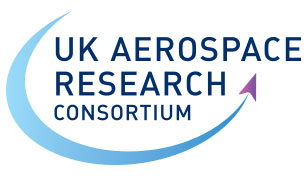
The 3rd annual workshop on Power Electronics for Aerospace Applications will be held at the University of Strathclyde, Glasgow, on 23rd-24th July 2025. Organised by the Technical Committee on Aero
space Power (TC11) of the IEEE Power Electronics Society (PELS), this workshop will provide a forum for aerospace power systems and power electronics engineers, and strategy makers to share and discuss the latest technological developments, experiences and achievements, whilst collectively exploring the future challenges faced in this fast-developing industry.
This year’s workshop will have a particular focus on electrical systems, drawing on key aspects such as power system architectures, systems of power electronics, systems resilience, protection, design and testing for certification in addition to complementary technology focusses such as DC systems, new converter topologies and control, high voltage systems, hydrogen-electric and all electric propulsion, cryogenic power electronics, new materials for power electronics and cooling solutions.
PEASA 2025: 23rd – 24th July, Glasgow, https://www.peasa25.org/).

 which has just issued its first newsletter which you can read here
which has just issued its first newsletter which you can read here 
